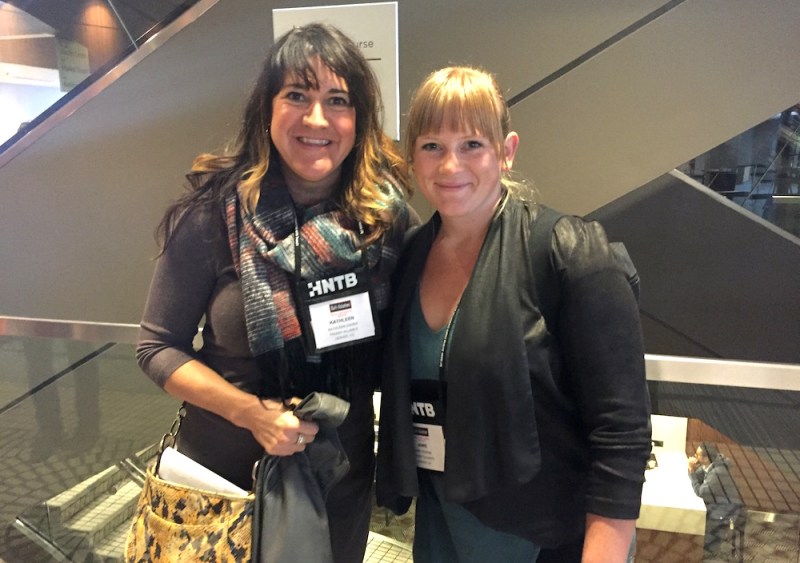Denver Loses an Advocate as Transit Alliance Closes Its Doors

Transit Alliance is shutting down after 19 years advocating for better transit in Denver and the metro region. Executive Director Kathleen Osher wanted to move on after 12 years, and the organization’s board decided to call it quits.
The organization was founded after a failed transit referendum in 1997, with the express intent of getting the $4.7 billion FasTracks transit funding measure over the finish line. Transit Alliance could have declared mission accomplished after FasTracks passed in 2004, but creating a good transit system entails a lot more than passing a referendum. The board hired Kathleen Osher in 2005 to head the next chapter.
Osher knew she had to capitalize on the win, which was a coup in a Western city built around cars. Prior to FasTracks, “multimodal meant engaging your four-wheel drive as you head up into the high-country,” she said. “The idea of transit was such a foreign concept.”
Osher convened a number of focus groups representing a broad cross-section of Denver interests — business groups, environmentalists, public health workers, real estate people — to get a sense of how Transit Alliance could elevate transit as a public priority. That’s where she got the idea to create the Citizens Academy.
The Academy taught people the ins and outs of transportation policy — why transit is good for the welfare of places that invest in it, how to navigate local and regional politics, which pressure points to push.
“FasTracks was so much change to absorb for how we think about doing things and so much more systematic than we were prepared for — we had so many silos — so this conversation with the community had to be unlike anything we’ve seen before,” Osher said. “The Academy became this seven-week opportunity to say, ‘We all have a role to play, you’re hungry for information, you don’t know where to get it, but you want to have an impact.’ Come and I will show you the path.”
Since then, Transit Alliance has mentored more than 900 people about why they should fight for transit, including people who hold elected office. Osher counts as one of her grads State Senator Rachel Zenzinger, who she called “probably one of the biggest advocates for transportation funding.” Several RTD directors attended Citizen’s Academy before being elected too.
Osher also values the less visible but influential roles her graduates now hold in the city — planners in the Denver Department of Community Planning and Development and officers in the Inter-Neighborhood Cooperation, for example. Gosia Kung founded WalkDenver after graduating from the Academy.
“The bigger, more reflective piece is how many people now either make a living in transportation, or it’s like their little pet issue,” she said.
Osher is in talks with the Denver Regional Council of Governments to keep the program going locally. It’ll live on in Baltimore, too, where Osher helped local advocates create their own version.
Denver has other transit advocacy organizations, including Mile High Connects and 9to5 Colorado. WalkDenver has waded into the transit waters as well. But Transit Alliance’s focus on creating an army of civically engaged residents who understand transit — and push for good policy both inside and outside of government institutions — will be missed.


